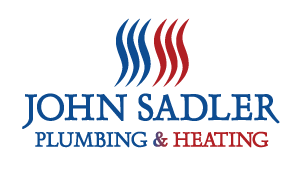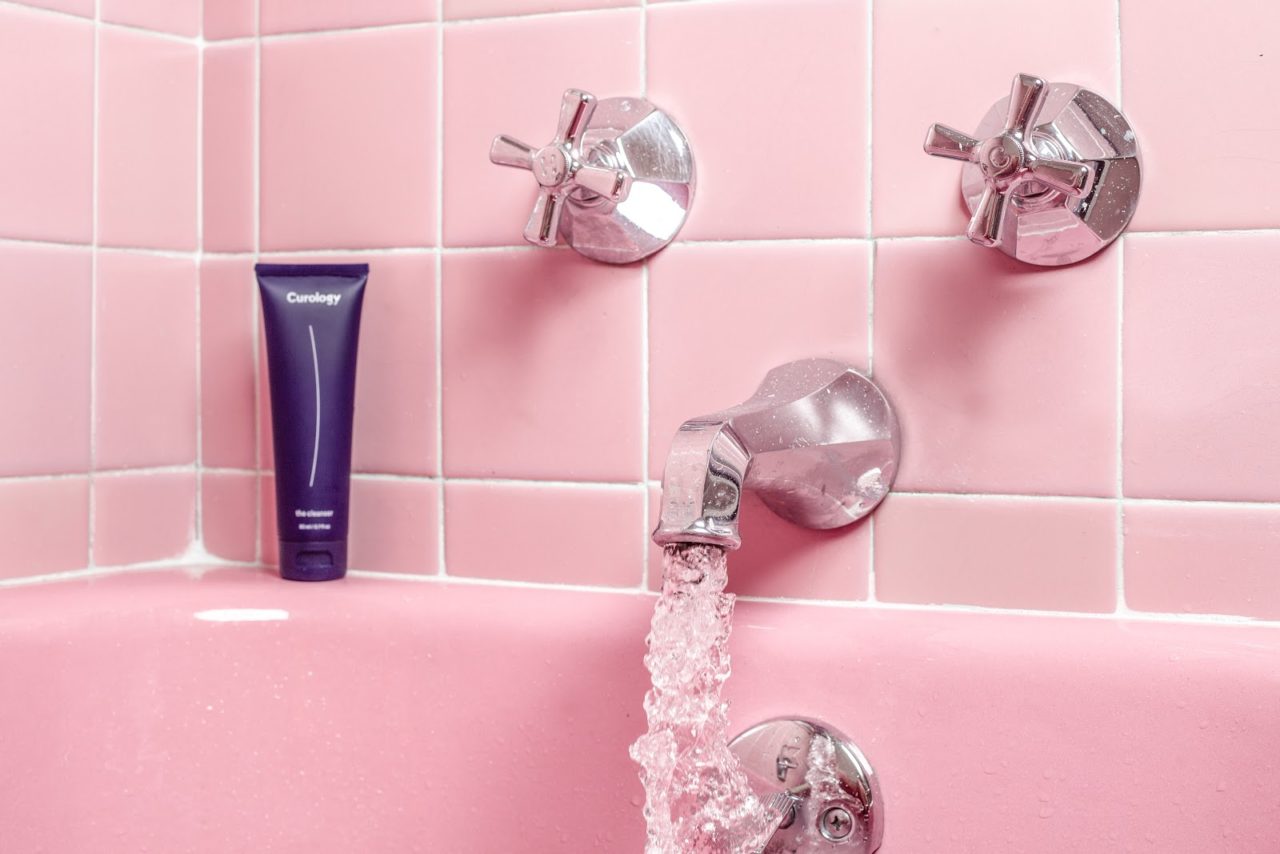Factors that Affect Home Water Pressure
At John Sadler, the two most common issues we encounter when it comes to water pressure are:
1) If the whole house has low water pressure, then the problem is almost always related to a failed PRV, or pressure reducing valve, which is found near your main water shutoff, often in your mechanical room, basement, crawlspace, or garage.
2) If only one fixture has low water pressure, let’s say one of the faucets, then there is typically a problem with the cartridge inside that tap. It may have cracked or failed altogether, or it may simply be clogged with debris and needs to be cleaned out and re-installed.
Aside from these two main culprits, there are many other factors that could be the root cause of water pressure issues, for example…
Hard Water
The high mineral content in hard water produces limescale, which builds up and can clog showerheads, pipes, and taps, reducing the water pressure. If this is a persistent problem for you, consider installing a water softener to minimize mineral content and prevent limescale.
Time of Day
If you’ve noticed your water pressure fluctuating, pay attention to when exactly that happens. If your home water pressure is often low around the same time, then it is probably due to peak usage time, which is when many people in your neighbourhood all happen to be using water at once (for example, people taking morning showers or turning on their dishwashers every night after dinner).
Water Heater Damage
If your hot water pressure has dropped but your cold water pressure is still strong, there is likely a problem with your water heater. Call in a professional to inspect and service it and you’ll have your hot water pressure back in no time.
Showerhead
Different showerhead models have different pressures, so it’s important to find a model that’s right for you. If your shower has experienced a drop in pressure, it may be blocked up with limescale or other gunk. Cleaning it thoroughly with vinegar can make a big difference in improving water pressure.
Leaks
Water leaks will cause decreased water pressure and get worse over time, so it is best to get any leaks (even ones that seem minor) repaired as soon as you become aware of them.
Clogged Pipes
Sometimes debris can cause your water lines or plumbing fixtures to become clogged. Blockages can develop from various things like O-rings that have become brittle and crumbled, shutoff valves that have become corroded, or even the pipes themselves breaking down over time. A plumber can investigate where the blockage is occurring and flush out the debris or replace any parts that may be required
Need help with a clog? We got you!
Re-Circ Pump Issues
If you have what is called a hot water re-circulating pump or “re-circ pump” for short, it can sometimes be the cause of low or no hot water pressure. Check to make sure that your re-circ pump is on and working properly if you experience issues on the hot water side.
Too Much Water Pressure
Water pressure that’s too high is a less common problem than too low, but it does come up sometimes. Overly high pressure can cause damage to appliances, faucets, and water heaters, plus it makes for an uncomfortable shower.
If you are experiencing extremely high water pressure, make sure that you have a pressure-reducing valve (PRV) that works properly and set it to between 50 and 60 psi. If you find that you are unable to adjust the pressure setting on your pressure-reducing valve, it may have failed and needs to be replaced. It is a very common part to have to replace in homes that are 30+ years old. To change it out, a plumber will need to turn off the main water shutoff coming into the house, remove the old PRV, and install a new one, which typically can be done in under an hour.
If you need help with your water pressure or anything else plumbing-related, trust John Sadler’s experienced technicians to get the job done right.



